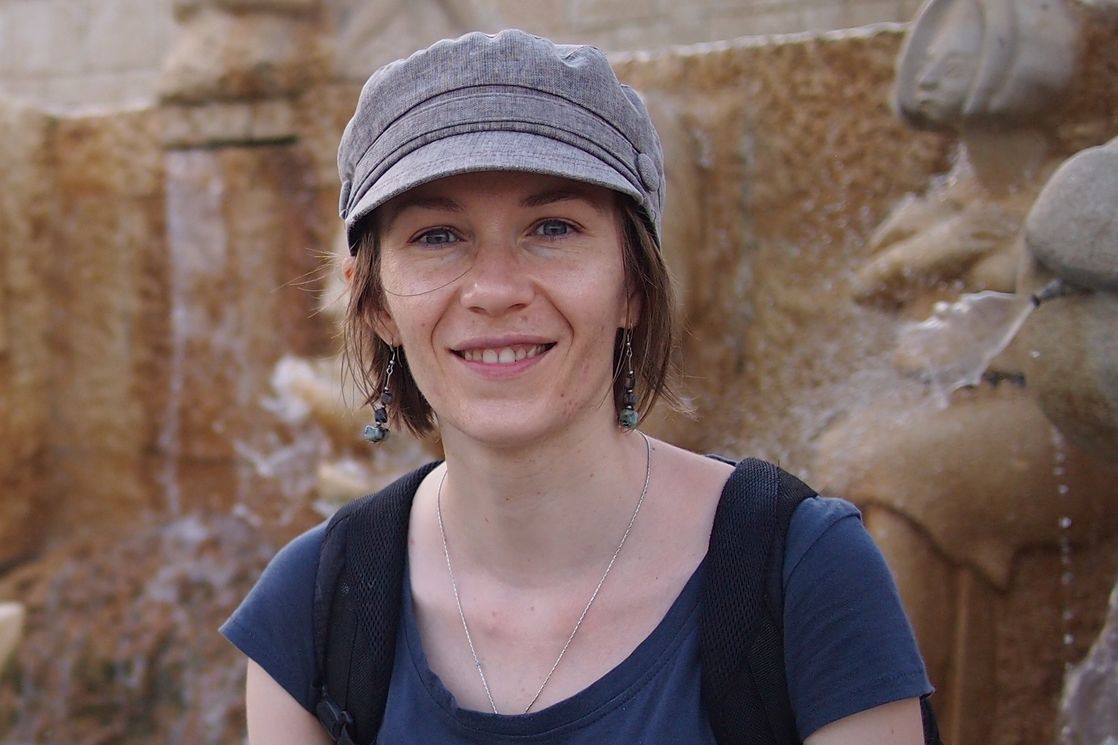‘Our Students Were Lucky to Talk to Top Experts’

University of Hamburg professors Denis Nosnitsin and Magdalena Krzyzanowska delivered a series of online lectures dedicated to the study of Ethiopian manuscripts. The course, which was developed for first-year students of the Institute for Oriental and Classical Studies, was held as part of the Digital Professors project. In an interview with the HSE news service, the professors talked about their research, teaching approaches, and impressions of lectures.
— Tell us about your research. What topics are you studying?
Denis Nosnitsin: I conduct research in the field of Ethiopian and Eritrean book culture. I study literature in the Semitic languages of Ethiopia and Eritrea: Ge’ez, Amharic, Tigrinya.
Magdalena Krzyzanowska: I’m a linguist, and the main subject of my research is the modern Amharic language. I am also interested in old and new Amharic literature, and I study certain aspects of Ethiopian and Eritrean handwritten culture.

We are both employees of the Hiob Ludolf Centre for Ethiopian and Eritrean Studies at the University of Hamburg. Our centre is partnered with the HSE Institute for Oriental and Classical Studies.
— Have you worked with HSE students before?
D.N.: No, we haven’t. The idea to give a series of lectures to HSE students came from our long-term collaboration with Maria Bulakh at the HSE Institute for Oriental and Classical Studies . This year, HSE University launched a new Bachelor’s programme in Ethiopia and the Arab World, and the material we were able offer as part of our course ‘Introduction to Ethiopian Manuscript Studies’ fully complied with the programme’s curriculum.

We cooperate with institutes in different countries and were happy to accept the invitation to work with HSE students. Our course is divided into 12 classes across two weeks.
— Why did you decide to deliver the course together?
M.K.: We specialize in various topics covered in the course. However, this is our first experience of teaching together. Having two lecturers, each with their own style and manner of communication, makes it easier for students to take in the material and helps keep them interested.
We planned to come to Moscow to deliver the lectures, including seminars on manuscript cataloguing run by two teachers. The pandemic changed our plans, and we had to deliver the course online.
— What advantages and disadvantages do you see in online learning?
D.N.: It’s harder to get to know the students and build a rapport with them. However, the educational process remains the same, and we have very positive impressions of our work with HSE students.

Elizaveta Bakumenko, first-year student of the Bachelor's programme in Ethiopia and the Arab World
The course ‘Introduction to Ethiopian Manuscript Studies’ was very interesting and informative. The teachers told us in detail about manuscript science and answered all our questions, and we even managed to work with the manuscript a little. The online format was convenient, especially since the classes were held every day. In my opinion, we received the same quality of knowledge as if the classes were held on-site.
The teachers gave lectures in plain English. It was easy to communicate with them, although, to be honest, I was a little shy. They specialize in different areas, so we had an opportunity to consider the subject from different points of view.
— Ethiopian studies is a very niche area of research, isn’t it? In your opinion, what does it take to succeed in the field?
M.K.: Training an Oriental and African studies specialist is a rather complex and long-term process. The result depends on many factors, but primarily on the students themselves. You can talk a lot about how interest in the region is growing and how these specialists are in demand, but our field will never attract a large number of students, and training will always be somewhat exclusive in nature.
We, in turn, tried to make a small contribution to the training of HSE students by telling them about certain aspects of the culture of Christian Ethiopia and Eritrea. I hope our lectures left a positive impression and supported the students’ interest in their major.

Maria Bulakh, Academic Supervisor of the Bachelor’s Programme in Ethiopia and the Arab World
The series of lectures on Ethiopian manuscripts by the ‘digital professors’ proved very valuable to our students. Ethiopian studies is a narrow field, and there aren’t many experts in the world who can combine rich teaching experience with skills acquired from extensive field work in the region.
Our students were lucky to communicate with top experts—Denis Nosnitsin and Magdalena Krzyzanowska—during their first year of study. They are truly enthusiastic about their work, and, I hope, they managed to pique our students’ interest in Ethiopia. The lectures formed a single, well-planned course.

